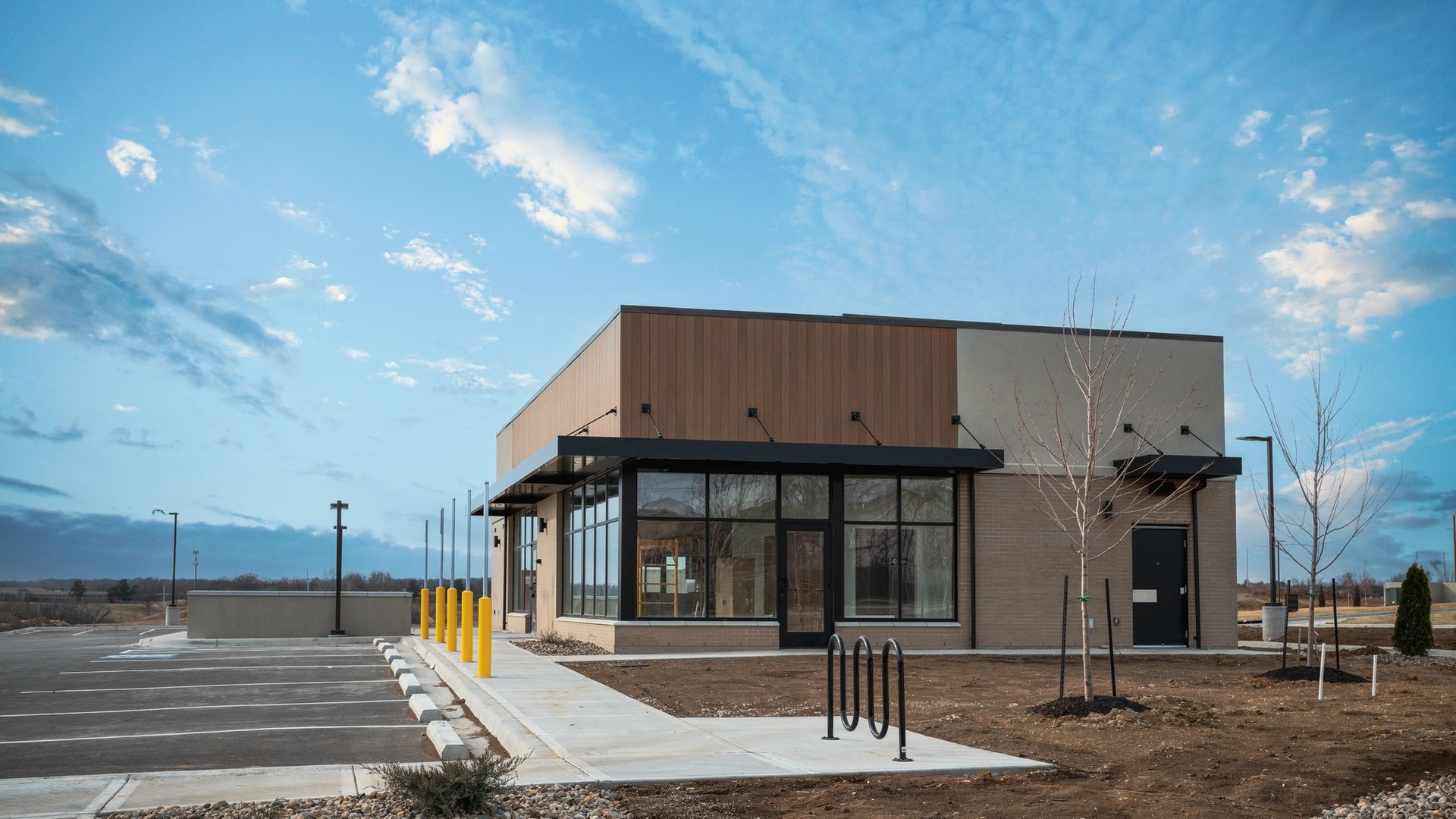
Commercial Properties: Actual Cash Value vs. Replacement Cost
·
6 minute read
Insurance is designed to give you peace of mind: If a fire, storm, or other event damages your commercial property, you’ll know that you can fix it. But how much will you really be paid for a commercial insurance claim? To answer this question – and make sure you have the right coverage for your needs – you need to dive into the topic of actual cash value vs. replacement cost.
What is actual cash value?
Actual cash value (ACV) is the replacement cost of a property minus depreciation. When applied to commercial property insurance, ACV represents the cost to replace or repair the property, minus any depreciation. Essentially, it reflects what the property was worth at the time it was damaged or lost.
ACV is calculated based on the age, condition, and useful life of the property. Depreciation is especially important: ACV takes into account wear and tear, age, and obsolescence. As a result, an ACV policy might not cover the entire cost of replacing the property with a new one.
Claims adjusters use software to determine the ACV. They can enter a material type and age, and a depreciation amount is output, which they deduct from the claims payment. Sometimes there’s a depreciation schedule included with the policy, but that’s rare.
What is replacement cost?
Replacement cost (RC) is the expense of replacing or repairing damaged property with new items of similar kind and quality, without factoring in depreciation. Put simply, it’s what it would cost a contractor to repair or rebuild the property to how it was before the damage happened.
In commercial property insurance, an RC policy ensures that the policyholder receives compensation equivalent to the cost of restoring the property to its pre-loss condition. (Keep in mind that this doesn’t include upgrades that are needed to comply with local ordinances and laws.)
Calculating replacement cost involves evaluating the current market prices of materials, labor, and other expenses necessary for reconstruction or repair. Unlike ACV, replacement cost doesn’t factor in depreciation, so it’s usually a more comprehensive coverage option.

Need help understanding commercial property insurance?
We can help! Request a call below and talk with one of our experts.
Main Differences Between Actual Cash Value And Replacement Cost
Most insurance professionals will tell you that RC is superior because it pays to replace the property and hire a contractor to do it. ACV is subjective, only pays partially for the claim, and can be inconsistent, making it hard to plan for costs. Here’s a summary of the main differences between actual cash value and replacement cost.
- Depreciation: ACV considers depreciation, while RC does not.
- Compensation amount: ACV typically offers lower compensation due to depreciation, whereas RC provides coverage for the full cost of replacement or repair.
- Premium costs: RC policies often come with higher premiums compared to ACV policies because they offer better coverage.
- Risk mitigation: ACV policies might be suitable for older properties or those with significant depreciation, while RC policies offer better protection for newer or high-value properties.
Examples Of Actual Cash Value Vs. Replacement Cost
To better understand the main differences between actual cash value and replacement cost, let’s look at a couple of examples. The scenarios below outline two common building claims and show the outcomes for actual cash value vs. replacement cost policies.
Scenario 1: A fire damages a 30-year-old office building that has a replacement cost of $2 million. For the ACV policy, the claims adjuster depreciates the building 30%.
| Event | Building Age | Replacement Cost | Coverage Type | Depreciation Rate | Claim Amount | Deductible | Out-Of-Pocket Expense |
|---|---|---|---|---|---|---|---|
| Fire | 30 Years | $2 million | ACV | -30% | $1.4 million | $25,000 | $625,000 |
| Fire | 30 Years | $2 million | RC | NA | $2 million | $25,000 | $25,000 |
Scenario 2: A storm damages a 40-year-old warehouse roof that has a replacement cost of $150,000. For the ACV policy, the claims adjuster depreciates the current roof by 65%.
| Event | Building Age | Replacement Cost | Coverage Type | Depreciation Rate | Claim Amount | Deductible | Out-Of-Pocket Expense |
|---|---|---|---|---|---|---|---|
| Wind | 40 Years | $150,000 | ACV | -65% | $52,500 | $10,000 | $87,500 |
| Wind | 40 Years | $150,000 | RC | NA | $150,000 | $10,000 | $10,000 |
Actual Cash Value Vs. Replacement Cost: Which Is Better?
RC coverage with a high deductible can be a better choice than ACV coverage, as it provides more protection, certainty, and flexibility. However, you’ll want to consider things like:
- Age and condition: For newer properties or those with minimal depreciation, RC coverage might be best. However, RC policies may not be worth the cost for much older properties.
- Property value: High-value properties might require RC coverage to ensure it can be repaired or rebuilt to the same high standards.
- Location: Properties in areas with quickly changing real estate markets or natural disasters can benefit from RC coverage that changes along with construction costs.
Safeguard Your Investment With The Right Commercial Policy
There’s a lot to consider when buying commercial property insurance. By understanding actual cash value vs. replacement cost, you can make informed decisions to safeguard your investments. But as with most things related to insurance, consulting with a professional insurance agent or broker can help you find the best policy for your needs and budget. LandesBlosch has been helping commercial property owners like you get the coverage they need for more than 100 years. Contact us today to get started.
About The Author: Austin Landes, CIC
Austin is an experienced Commercial Risk Advisor specializing in and leading LandesBlosch's design professional, real estate, and construction teams.

